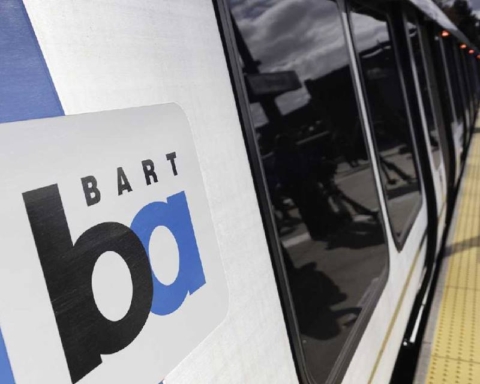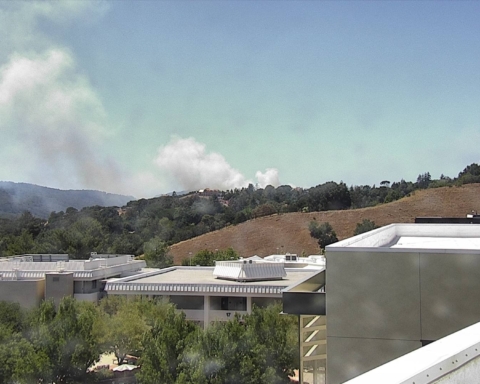Bay Area officials have lauded passage of the federal $1 trillion Infrastructure Investment and Jobs Act, saying the bill will help fund a wide range of local projects.
Metropolitan Transportation Commission (MTC) Chair Alfredo Pedroza and Association of Bay Area Governments (ABAG) Executive Board President Jesse Arreguín said the bill will help “fuel” Plan Bay Area 2050, the long-range regional plan for transportation, housing, the environment and the economy that the agencies adopted last month.
Pedroza, who is also a Napa County supervisor, said that the increased transit capital funding will “help modernize our existing transit network,” while the expansion of nationwide grant programs to the tune of $140 billion will allow the Bay Area to compete for money that can help largescale new projects come to fruition.
Bay Area cities and counties will also be able to compete for funding via a $4.5 billion fund for bridge repair projects throughout California, to “upgrade bridges along local streets and roads” per an MTA statement. Funding is also dog-eared for airports, ports and inland waterways.
The Bay Area is also expected to see $4.5 billion out of an approximate $475 billion reauthorization of the central federal transportation program spanning the next five years, per the statement. This represents a 56 percent increase over the existing Fixing America’s Surface Transportation (FAST) Act from 2015.
Other facets of the bill, such as $65 billion for expanding broadband service, $65 billion for upgrading the power infrastructure and $71 billion for resilience, water storage and environmental remediation, will help narrow the digital divide for low income households, reduce greenhouse emissions and equip shoreline cities to adapt to rising sea levels, said Arreguín, who is also the mayor of Berkeley.
The Infrastructure Investment and Jobs Act’s resilience, remediation and water storage sections include—among other initiatives—more than $8 billion for reservoirs, water recycling and ecosystem restoration in California and other western states; $3.3 billion for the reduction of wildfire risks; and increased funding for the San Francisco Estuary Partnership and restoration projects around the bay.
California and other states will be able to cultivate digital equity plans to subsidize Internet service costs for low-income households as part of the bill’s $65 billion investment to help expand broadband service.
Nationwide, $17 billion will be set aside for Army Corp of Engineers flood control projects; $1 billion for FEMA’s Building Resilient Infrastructure and Communities (BRIC) grants; and $1 billion for state and local government grants to develop cybersecurity plans.
The bill’s power infrastructure and clean energy sections will direct $65 billion toward creating a new Grid Deployment Authority; provide states with grants to prepare the electric grid against extreme weather; establish four regional clean hydrogen hubs; fund state and local governments via grants for energy efficiency and conservation projects; and fund a competitive grant program for states or regional partnerships to update building energy codes.
MTC serves the nine-county San Francisco Bay Area as the transportation planning, financing and coordinating agency, while ABAG functions as the council of governments and the regional planning agency for the Bay Area’s 101 cities and towns and nine counties.
Photo courtesy of MTC






